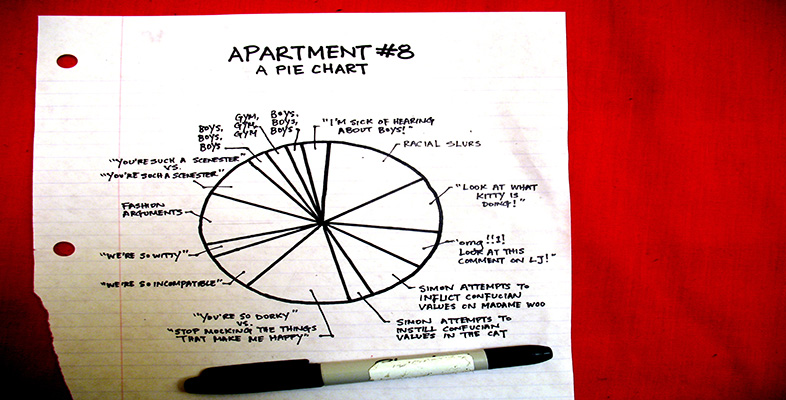Further reading and sources of help
Further reading
-
*The Good Study Guide by Andrew Northedge, published by The Open University, 1990, ISBN 0 7492 00448.
Chapter 4 is entitled ‘Working with numbers’
Other chapters are entitled: ‘Reading and note taking’, ‘Other ways of studying’, ‘What is good writing?’, ‘How to write essays’, ‘Preparing for examinations’.
-
The Sciences Good Study Guide by Andrew Northedge, Jeff Thomas, Andrew Lane, Alice Peasgood, published by The Open University, 1997, ISBN 0 7492 3411 3.
-
More mathematical and science-based than The Good Study Guide. Chapter titles are: ‘Getting started’, ‘Reading and making notes’, ‘Working with diagrams’, ‘Learning and using mathematics’, ‘Working with numbers and symbols’, ‘Different ways of studying’, ‘Studying with a computer’, ‘Observing and experimenting’, ‘Writing and tackling examinations’.
-
There are also 100 pages of Maths Help on: calculations; negative numbers; fractions; decimals; percentages, approximations and uncertainties; powers and roots; scientific notation; formulas and algebra; interpreting and drawing graphs; perimeters, areas and volumes.
-
*Breakthrough to Mathematics, Science and Technology (K507) – only available from the Open University. Each module refers to The Sciences Good Study Guide.
-
Module 1, entitled ‘Thinking about measurement’, looks at mathematics in a variety of contexts, e.g. in the kitchen, on the road, in the factory, in the natural world. Module 4, entitled ‘Exploring pattern’, looks at geometrical and numerical patterns using everyday examples.
-
The other four modules in the series have a greater emphasis on science or technology than on mathematics.
-
*Openings (Y003) – a pre-university course of two modules, ‘Our living environment’ and ‘Thinking about measurement’, from the Breakthrough series.
-
The course lasts for 14 weeks and involves 6–8 hours study per week. There are no tutorials but your tutor is available to provide feedback by phone. The course is presented four times a year.
-
*Teach yourself basic mathematics by Alan Graham, published by Hodder and Stoughton, London, 1995, ISBN 0 340 64418 4.
-
A book aimed at a more general (i.e. non-OU) audience in two parts entitled ‘Understanding the basics’ and ‘Maths in action’.
-
Countdown to mathematics Volume 1 by Lynne Graham and David Sargent, published by Addison-Wesley, Slough, 1981, ISBN 0 201 13730 5.
-
This is a useful next stage after any of the above and includes an introduction to algebra.
-
Investigating Statistics: A Beginner's Guide by Alan Graham, published by Hodder and Stoughton, London, 1990, ISBN 0 340 4931 1 9.
-
This is a more thorough introduction to dealing with data and statistics.
-
Teach Yourself Statistics by Alan Graham, published by Hodder and Stoughton, London, 1999, ISBN 0 340 75358 7.
-
This book presents the basic ideas and techniques of this branch of mathematics clearly and simply.
-
Statistics without tears by Derek Rowntree, published by Penguin, Harmondsworth, 1981, ISBN 0 14 013632 0.
-
This book is intended to support those people with no previous background in statistics, who need statistical understanding for part of a course that they are studying.
-
The MBA Handbook, Study Skills for Managers by Sheila Cameron, 3rd edition, published by Pitman Publishing, 1997, ISBN 0 273 62812 7.
-
Chapter 13, ‘Using numbers’ introduces the use of number in a management context.
-
Open Mathematics (MU120) – Open University course that comprehensively covers mathematics topics.
-
This course assumes you are already reasonably confident with the material covered by any of the books marked * or by Module 1 of Breakthrough to Mathematics, Science and Technology. The course has been studied successfully by many students whose primary interest lies in the humanities or social sciences.
